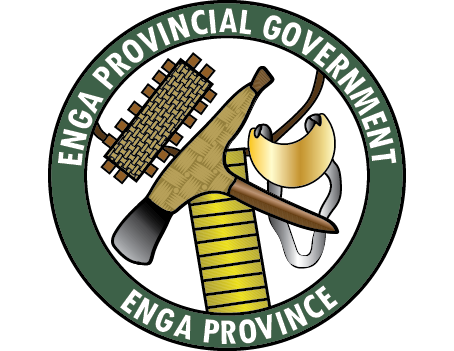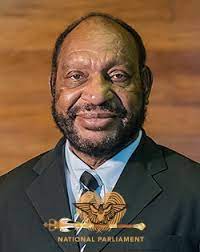Assembly Services
The Provincial Assembly is a legislative body that operates at the provincial level. The Provincial Assembly is responsible for making laws, passing budgets, and conducting oversight on the executive.
The public has the right to observe in the provincial legislative processes through public access and involvement, attending provincial legislature committee meetings, petitioning provincial legislatures, and making use of constituency office services. The role of the Provincial Assembly is to represent the views and preferences of their constituency. Members of the Provincial Assembly are elected members for the province and the Provincial Executive Council
Enga Provincial Assembly main functions
The Provincial Assembly shall have the power to make laws for the Province with respect to, Provincial Governments Administration Act 1997,pgaa1997423.pdf (paclii.org)
The Provincial Assembly cannot, however, make any law:
♦ Which is repugnant to any provision of the Constitution
♦ The Provincial Assembly cannot legislate when an emergency is declared in the country.
♦ The Provincial Assembly cannot make laws which are against the fundamental rights of the citizens of the country
♦ which is not in consonance with the Principles of Policy
♦ which is inconsistent with a Provincial Government Administration Act 1997
The Enga Provincial Assembly has the power to approve or refuse any demand in the budget and to reduce the amount specified in the demand. Once the budget is approved, the Government does not have the right to deviate from these sanctions.
Note that the Provincial Assembly is also a representative institution of the voice of the public and keeps checks upon policies, practices and performance of the Government acting as an oversight body.
The Provincial Assembly of Enga Province has the power to initiate, pass and amend bills of law. However, a Bill that aims to amend the Constitution, cannot be presented to the Prime Minister /NEC for assent unless it is passed by the Enga Provincial Assembly and voted on by not less than two thirds of its total membership. Constitutional power for introduction and passing of money bills including the annual budget statement has been provided to the Provincial Assembly of Enga Province.
The Provincial Assembly of Enga has the power to initiate and pass a motion for the passing the vote of no- confidence against the Governor of the province (only if the majority of the members voting are in favor of the vote of no confidence).
A proposal for law making must reach the Provincial Assembly in the form of a Bill. Bills are of three kinds:
♦ Government Bills– introduced by ministers
♦ Private Member Bills– introduced by any Member
♦ Ordinances– proclaimed by the Governor when the Provincial Assembly is in recess, which are then introduced in the Provincial Assembly. The Assembly may then approve or endorse or reject it and sent to Governor for assent.
Members of the Assembly
- Qualification and disqualification of members:
Disqualification can take place on grounds of defection, and was added in the Constitution in Provincial Governments Administration Act 1997- Privileges of members:
Members of the Provincial Assembly are free to voice their opinions. No member can be held accountable for any view expressed or any statement made during Assembly proceedings in any court of law.


